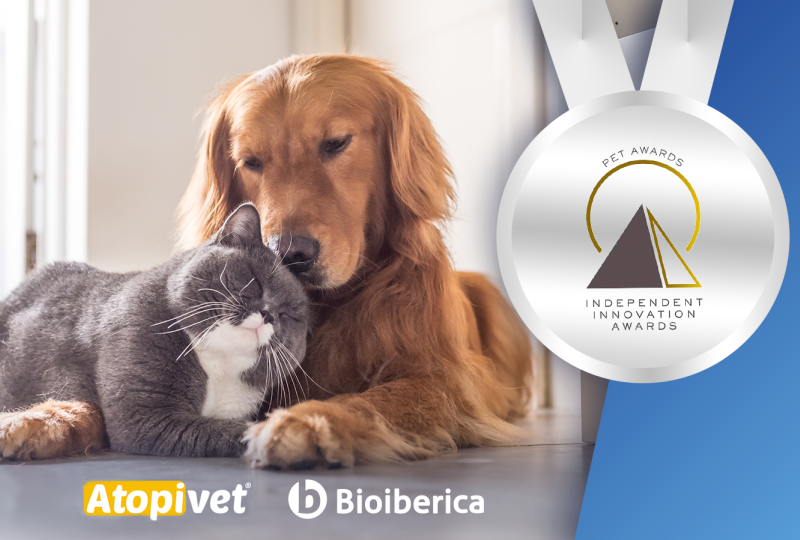“Dog culling to control leishmaniasis is futile, unethical and unjustifiable”, according to a newly published scientific consensus
- The article calls for the end to this practice and notes that there effective solutions available to control canine leishmaniasis
- Experts highlight the use of food supplements containing nucleotides and AHCC to boost the natural immune response and decrease the incidence of this parasitic disease

A group of experts from the Companion Vector-Borne Diseases (CVBD) World Forum has stated its opposition to dog culling in a consensus document that was recently published in the journal Emerging Infectious Diseases. The article calls for the end of this practice as it is “futile, unethical and unjustifiable”. The document highlights the existence of “effective solutions to control canine leishmaniasis which do not involve culling animals, whether healthy or sick”.
The practice of dog culling to stop the spread of leishmaniasis continues to be widespread in several countries across the globe. Millions of dogs have been culled in China and different countries in Central Asia and Africa in recent years alone.
An “unethical and unjustifiable” practice
In the experts' opinion, the existence of alternative treatments make the practice of dog culling “unethical and unjustifiable from a scientific viewpoint”. The consensus document cites the following effective solutions to control the disease, among others:
- The use of repellent insecticides to prevent phlebotomine sand fly bites and therefore the transmission of the parasite.
- Vaccines.
- Chemotherapy.
- Reinforcement of the natural immune response in dogs and cats, specifically mentioning food supplements based on nucleotides and active hexose correlated compound (AHCC).
Precisely this year, Bioiberica Companion Animal Health has started the study entitled GALILEI (doG triAL with Impromune in LEIshmania), a two-year, multicentre, randomised, placebo-controlled clinical trial involving more than 100 dogs of different breeds with canine leishmaniasis from different veterinary clinics and hospitals in Spain and Portugal.
This trial studies the effect of adding the nucleotide- and AHCC-based food supplement Impromune® during the standard treatment protocol for canine leishmaniasis to investigate if the dogs that receive this product maintain their immune system in optimal conditions, thereby reducing the risk of relapses.
Canine leishmaniasis is a zoonotic parasitic disease that can be fatal for both dogs as well as people and is present in more than 50 countries around the world. The disease is transmitted by the bite of flying insects called sand flies, which act as the vector. The type of immune response in the infected individuals is very important in determining how these patients progress and also in shaping their prognosis.
Related News
This year's winning product was DermalEase/Atopivet drops and mousse - a topical skin care solution.
Pet food is constantly evolving, with new and innovative products being introduced to promote a healthier and more conscious nutrition for pets.
- This marks yet another step forward in the internalisation strategy of this business unit's dedicated to companion animal health
- The company has launched three products for joint and internal health: Condrovet® Force HA, Calmurofel® and Impromune®


